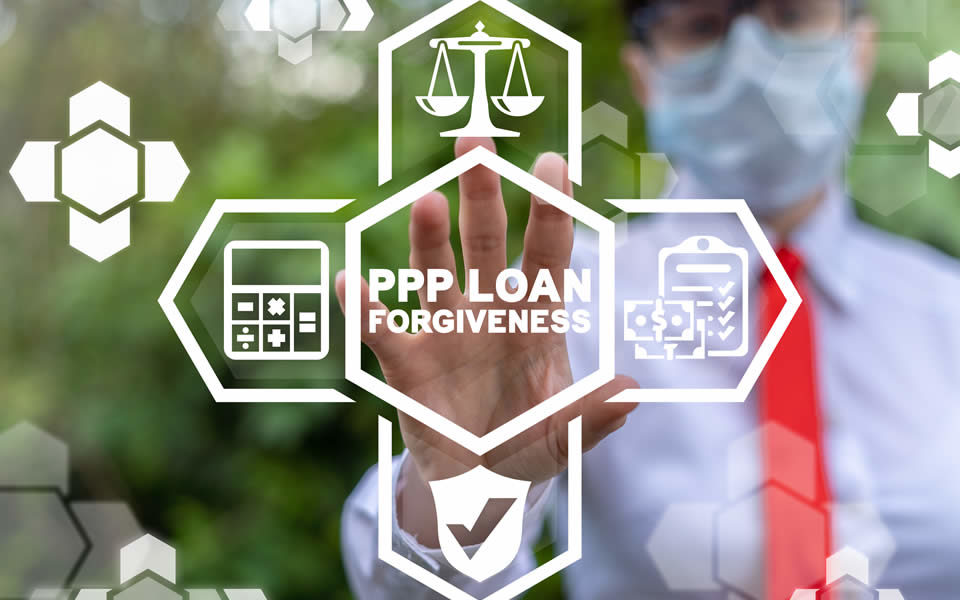What Happens When Some or All of a PPP Loan Is Not Forgiven?
By Andrew Finkle, CPA, JD, LLM, Partner, Advisory Services
Background
As discussed in a previous Tax Flash, IRS Revenue Ruling 2020-27, issued on November 18, 2020, disallows a 2020 deduction for a calendar-year PPP loan borrower for eligible expenses incurred or paid in connection with the loan, where there is a reasonable expectation of forgiveness. The disallowance applies regardless of whether the borrower files a forgiveness application in 2020 or 2021, and regardless of when the actual forgiveness event occurs.
The revenue ruling was accompanied by Revenue Procedure 2020-51, which addresses what happens when some or all of the PPP loan is not forgiven, or the borrow decides not to file for forgiveness.
Safe Harbor
Revenue Procedure 2020-51 establishes a “safe harbor” for taxpayers that either were denied all, or part, of the forgiveness if requested in 2021, or irrevocably decide not to seek forgiveness in 2021 for some or all of a PPP loan. In order to meet the safe harbor requirements, the taxpayer must:
- Have paid or incurred eligible expenses under the PPP loan, for which no deduction was permitted in 2020 under the Revenue Ruling 2020-27; and
- Have submitted an application for loan forgiveness in 2020, or
- Intends to submit an application for forgiveness in 2021.
If these conditions are met, the safe harbor allows for a deduction of the unforgiven eligible expenses either in 2020, via an amended tax return or administrative adjustment request (AAR), or on a 2021 timely filed (including extensions) original income tax return.
There are a couple of considerations based on the safe harbor which adhere to the axiom that patience is usually the most prudent path forward:
- PPP borrowers should consider extending their 2020 tax returns to see how forgiveness plays out with the Small Business Administration (SBA) and Congress. According to the timeline, the SBA may not make a determination on forgiveness by the original due date of 2020 returns, but such determination might be made by the extended due date for tax return filings. Additionally, there is a lot of chatter that Congress (and the IRS) will ultimately allow the deductibility of eligible expenses in the next round of relief, either deciding by this year-end or early 2021.
- With the possibility that individual and corporate tax rates may rise in the near future, 2021 deductions work to reduce taxable income in a year with a potentially higher tax rate. Patience may allow taxpayers to choose the better year in which to include expenses related to the portion of the loan that may not be forgiven.
If you have any questions about PPP loans or these new rulings and procedures, please consult your Marcum professional. If you are not a client, we encourage you to reach out to us. Our goal is to provide information to help businesses succeed through this pandemic and beyond.
Coronavirus Resource Center
Have more questions about the impact of the coronavirus on your business? Visit Marcum’s Coronavirus Resource Center for up-to-date information.







